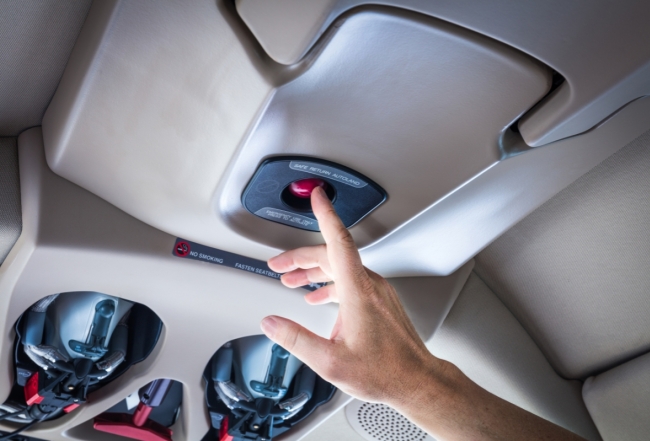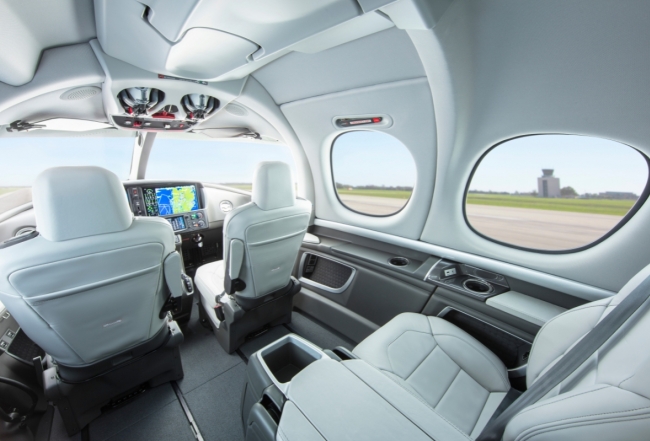Cirrus Aircraft: Pioneering Safer Skies
Now a world renowned name in personal aviation, Cirrus Aircraft's journey is a success story marked by innovation and common sense, beginning in 1984 in the quiet town of Baraboo, Wisconsin.
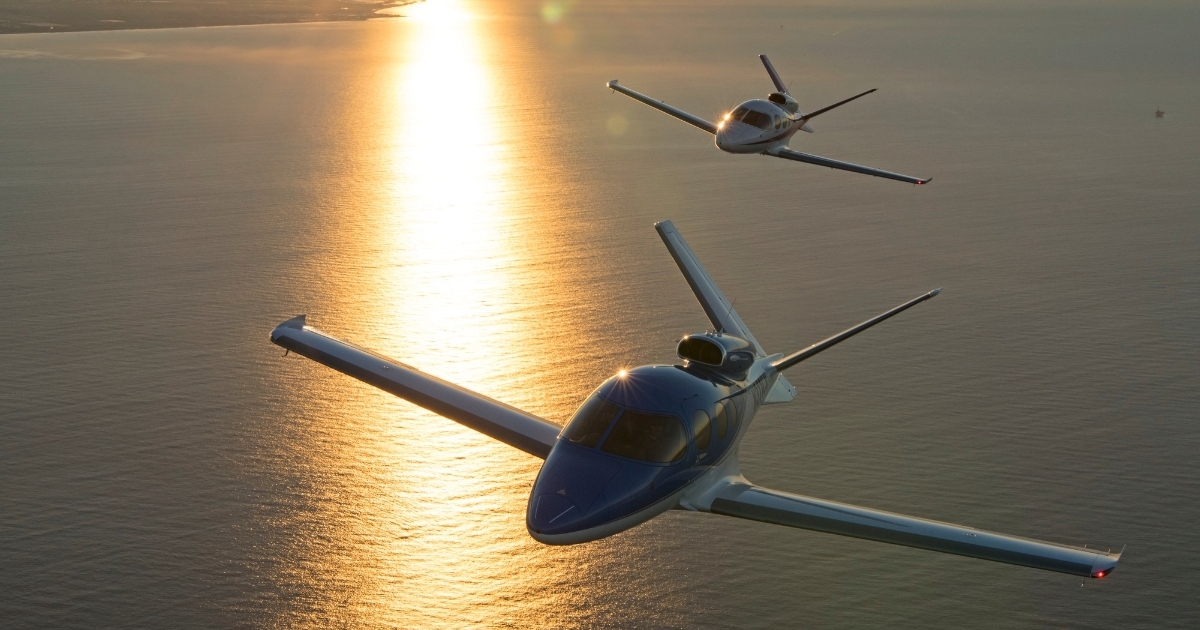
Founded by brothers Alan and Dale Klapmeier in a family barn, the company began by making aircraft kits for people to build at home, planting the seed for what would become a leading brand four decades later.
In 1988, just four years after starting, they launched their first VK-30 kit which was an instant hit with customers, sparking rapid growth and expansion. A significant moment came with the launch of the SR22 with its wide wingspan, quickly becoming known for its excellent performance and fuel efficiency, and it has remained the top-selling general aviation airplane worldwide ever since.
So, what sets Cirrus Aircraft apart? According to CEO Zean Nielsen, owning a Cirrus plane offers unmatched flexibility compared to commercial flights or more traditional modes of private aviation. With Cirrus, you have the freedom to fly whenever and wherever you want at a moment’s notice, without being a slave to departure times or the need to coordinate flight crew.
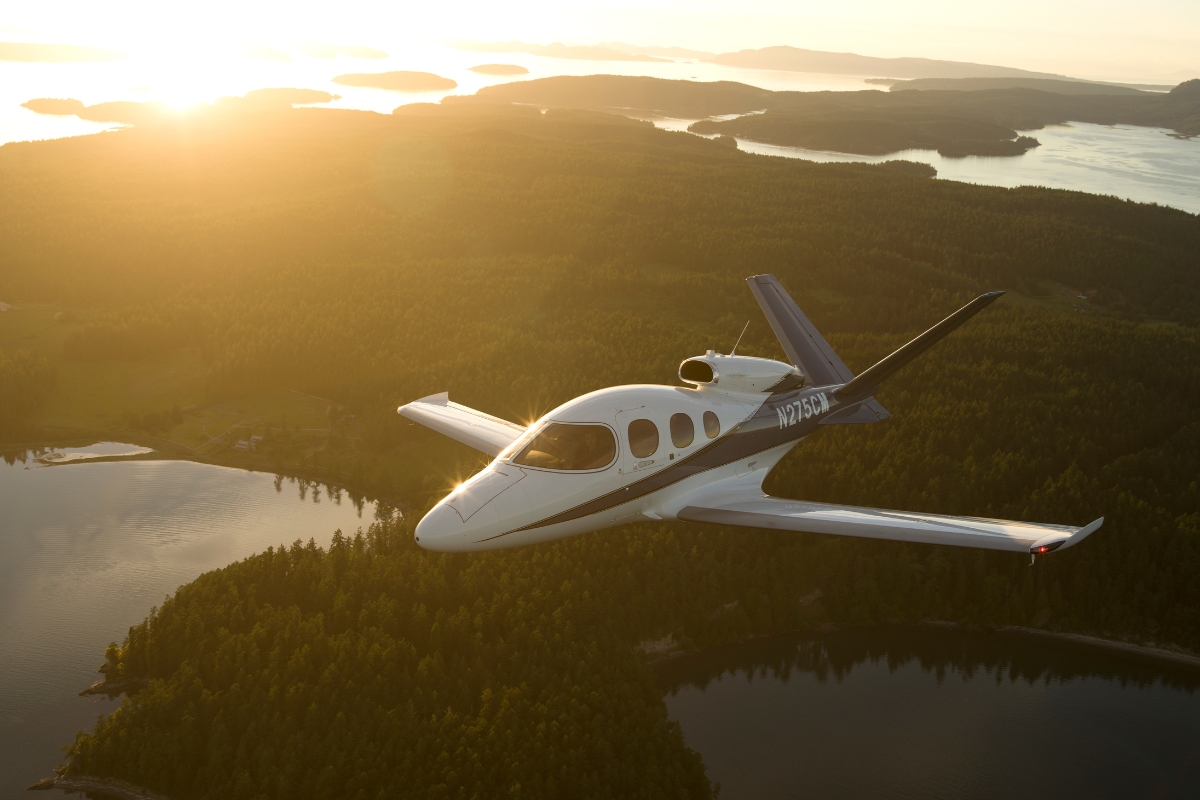
Furthermore, Cirrus has streamlined the pre-flight process with their innovative ‘Cirrus IQ’ app allowing pilots to arrive at the airport fully informed about their aircraft’s condition, from fuel levels and oxygen supply to oil and temperature status. For those who co-own a Cirrus aircraft, the app lets you see the plane's service history and scheduled maintenance, ensuring the aircraft is always prepared and safe for your next trip.
‘’The Cirrus IQ app saves a bunch of time when you come out to the airport because you already know the condition of your aircraft,” says Zean. “The app is a portal, very much like your iPhone has the iTunes ecosystem.’’
With a Cirrus aircraft, you can also change your travel plans on the spot, whether you need to avoid bad weather or just want to go somewhere else, offering the freedom to break free from the usual limitations of air travel.
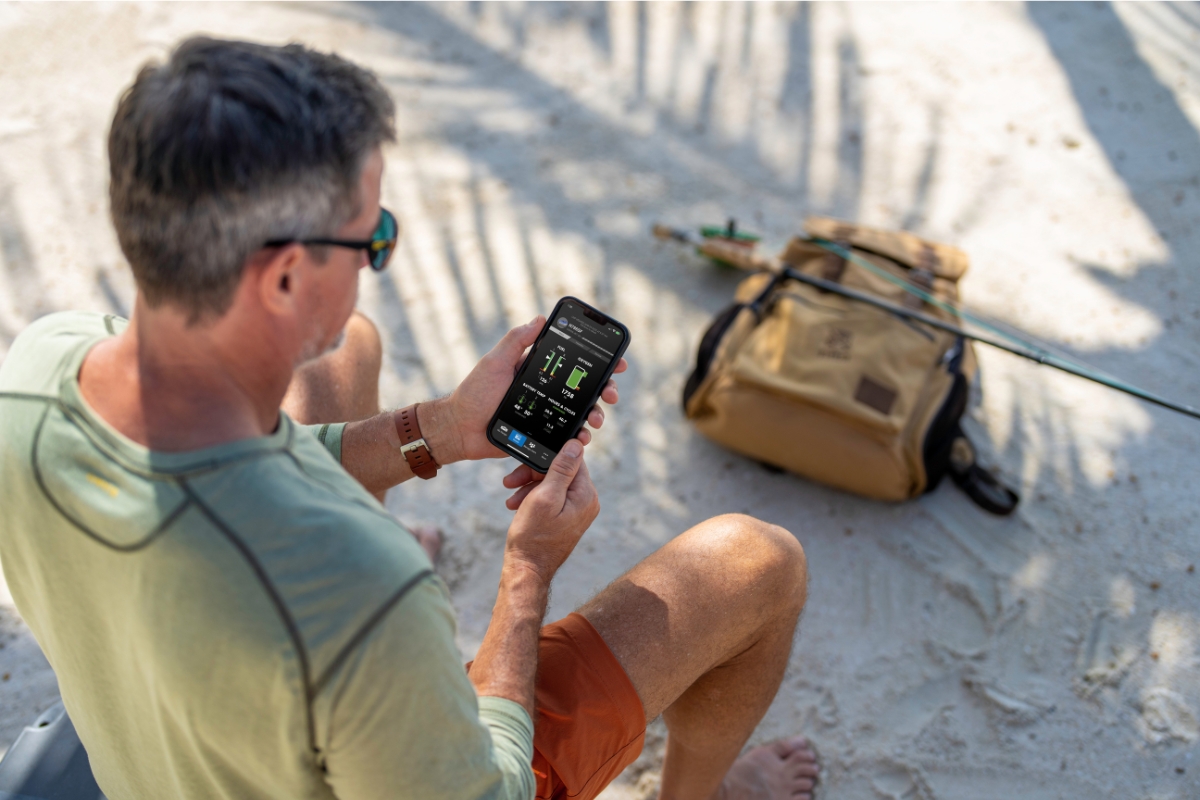
Safety as a cornerstone
Those familiar with Cirrus Aircraft will be aware of their commitment to safety, but few will know what lies behind it. Co-founder Alan Klapmeier had been involved in a mid-air collision, surviving an ordeal that led to another pilot's death. This traumatic event catalysed a transformative vision for Cirrus, to make aviation safer and more attainable for aviators everywhere, a mission that remains the foundation of their philosophy and business practices.
A decade of engineering hurdles culminated in the creation of the Cirrus Airframe Parachute System, also known as CAPS. This groundbreaking innovation was the first full-flight parachute system built into a civilian aircraft, approved by the FAA, which set a new benchmark for safety across the entire industry. Cirrus incorporate this life-saving technology in all their certified aircraft as standard, demonstrating their deep commitment to protecting pilots and passengers alike.
‘’Instead of a backpack where you have your parachute, the whole airplane has a parachute on it. The reason why it's ballistic, it's shot out like a bazooka almost, and it pulls out the parachute much faster. So if you're low to the ground, the parachute will still unfold and save your life.’’
Safety by design
At Cirrus, this commitment to safety is also intricately woven into their aircrafts’ interior design, marking a shift away from complex cockpit instrumentation to more streamlined, modern interfaces to optimise pilot operations. “Our design philosophy is essentially that every button needs to earn its way into the cockpit. If we can get rid of a button by automating it and remove pilot workload, we’re going to do that,’’ explains Zean.
Beyond mechanical innovations to enhance safety, Cirrus puts equal focus on the human element. In 2020, they launched the Garmin-powered Safe Return system. This advanced technology, akin to what the automotive industry has been trying to accomplish for decades.
“If the airplane is broken, we can pull the parachute, but what if the airplane is fine, but the pilot is broken?” ask Zean. “If the pilot becomes incapacitated, passengers can reach up and push a little button in the ceiling and the airplane will land itself.’’
The Safe Return system also notifies air traffic control declaring an emergency, prompting the required protocols for a secure landing and calls for emergency services. Passengers are also kept informed via updates to the aircraft's displays showing important information about what's happening and when they are expected to land – an important feature that helps everyone to remain calm in an emergency situation.
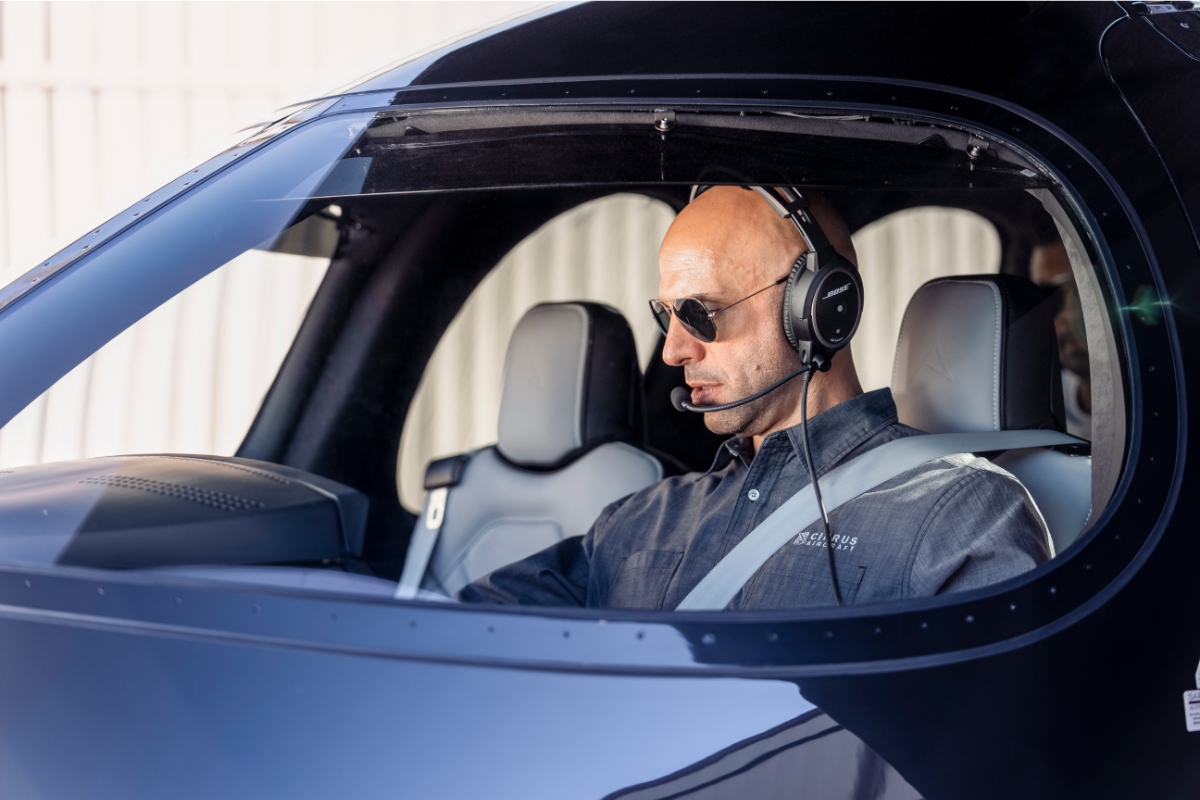
The recently launched Cirrus G7 model is testament to this philosophy with a radical departure from traditional controls to four sleek and intuitive touchscreens, fostering a more intuitive and safer flying experience.
Cirrus also offers a modern and pragmatic approach to pilot training, having identified that a staggering 80% of students can be deterred by traditional training methods and never complete the course. In response, Cirrus introduced its own Private Pilot License (PPL) course. Their digital platform is tailored to meet contemporary aviation standards, offering a structured yet simplified learning experience. The course is divided into 11 comprehensive and visually engaging modules to demystify the flight training process and make it more accessible.
‘’Most people signing up for their PPL never finish it. So why is that? Well, they lose confidence. They start the studying process and find it very hard to navigate the very organised process and drop out. Not anymore, not with Cirrus PPL.’’
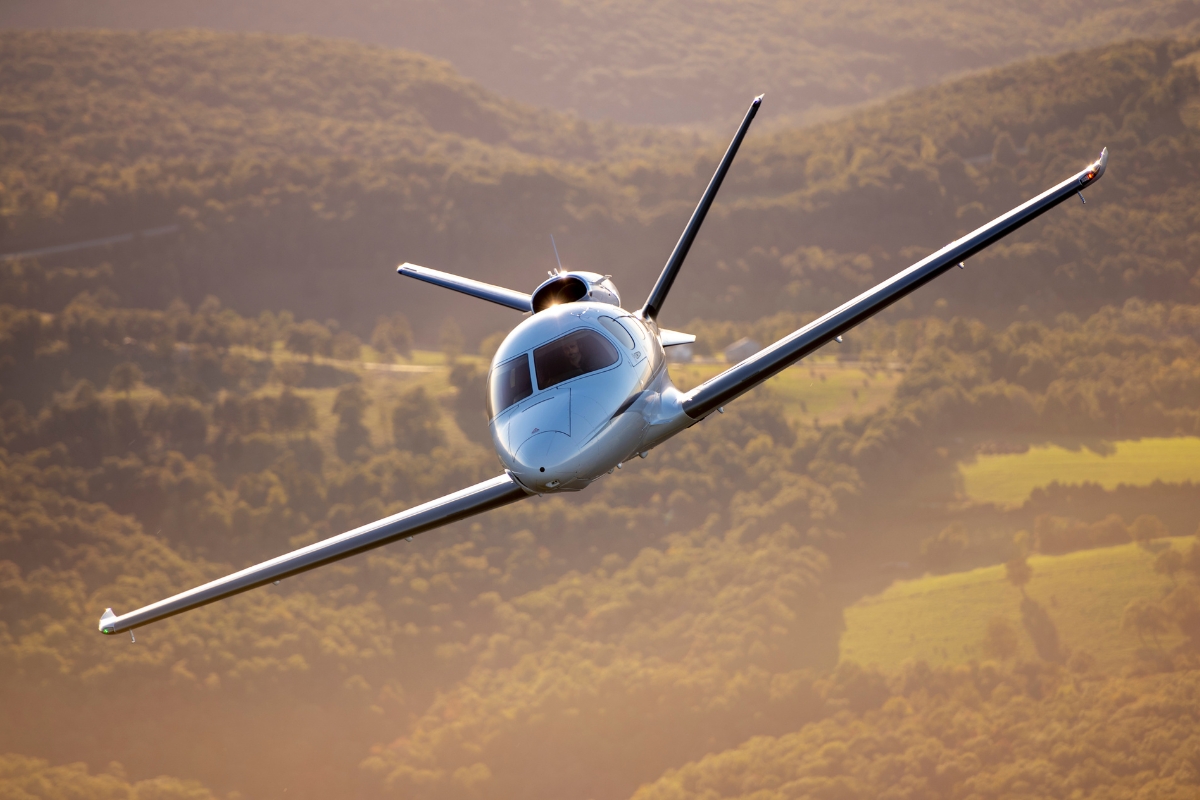
A legacy of excellence
The Collier Trophy, awarded annually by the National Aeronautic Association, is akin to the Vince Lombardi Trophy in the realms of American aeronautics and astronautics. It honours the year's most substantial advancements in air or space vehicle performance, efficiency, and safety.
Cirrus Aircraft's achievement in winning this distinguished award twice underscores its unwavering commitment to advancing personal aviation, with a notable emphasis on safety. Their win in 2017 celebrated the company’s groundbreaking work on the Vision Jet, the first ever personal jet, alongside their development of the Cirrus Airframe Parachute System (CAPS). Their second accolade in 2020 rewarded the achievement of the Safe Return system, a major safety enhancement for the Vision Jet.
From its inception to its status as a pioneering force in personal aviation, Cirrus has consistently raised the bar. Through continuous innovation and an ongoing commitment to safe operations, Cirrus Aircraft will continue to shape the future of flying, making it safer and more attainable for aspiring pilots worldwide.
Read Next
Private Jets: Clive Jackson’s Mission to Clean up the Skies
Solace Boats: Rethinking the Centre Console
MB&F Founder Maximilian Büsser Pushes the Limits of Horology

